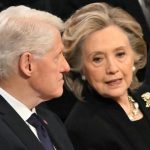Ukrainian President Volodymyr Zelensky claims that the United States government is prepared to do everything it can to persuade Hungary to allow Ukraine into the European Union.
The surprising assertion came in the wake of the report on prospective EU enlargement released by Brussels on Tuesday, which praised Ukrainian efforts to comply with the international organization’s requirements but fretted over hurdles posed by government corruption.
“Amid the challenges caused by Russia’s war of aggression, Ukraine has demonstrated its commitment to its EU path,” Enlargement Commissioner Marta Kos told European lawmakers on Tuesday. “It will be essential to sustain this momentum and prevent any risk of backsliding, in particular on anti-corruption.”
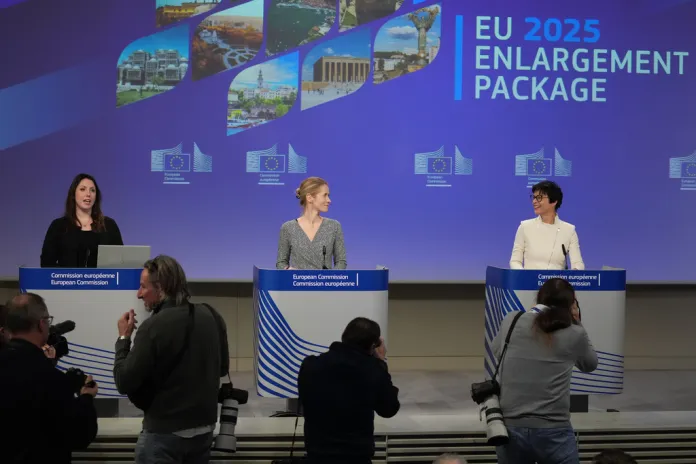
The allegations of “back-sliding” on corruption are widely seen as a dig at Zelensky’s decision in July to take control over two independent bodies in Ukraine responsible for corruption oversight — the National Anti-Corruption Bureau of Ukraine (NABU) and the Special Anti-Corruption Prosecutor’s Office (SAP).
When Brussels protested the move, Zelensky led lawmakers in passing a retraction of that bill just days afterward.
Zelensky, who said Tuesday he aims for Ukraine to join the European Union by 2030, claims the future of his country hinges on membership.
“Ukraine is fighting for its independence, and our future is in the EU, which is the part of our independence,” Zelensky said. “And for us, it is an important factor that we are highly assessed in this [report].”
It is widely perceived that 26 of the 27 EU member nations are open to accepting Ukraine into the bloc, but Hungary has long been the paramount hurdle to Ukrainian membership.
Prime Minister Viktor Orbán’s government has made clear at every opportunity that it will not vote in favor of bringing the Eastern European nation into the alliance.
The Hungarian government has offered a laundry list of justifications, including concerns about Hungarian-speaking minorities in Ukraine, agricultural conflicts, and the security ramifications of bringing a country at war into the otherwise peaceful alliance.
Western critics accuse Orbán of being compromised by his friendly relationship with Russian President Vladimir Putin.
“We are at war for our survival, and we would really like the prime minister of Hungary to support us, at least not block us,” Zelensky said on Tuesday. “It’s not only [about] respect to us, but the respect of the Hungarian leader to the rules and regulations of the European Union.”
Hungarian Minister of Foreign Affairs Péter Szijjártó reiterated on Tuesday in a statement that “the Hungarian people has made it absolutely clear that it doesn’t want Ukraine to be a member of the European Union.”
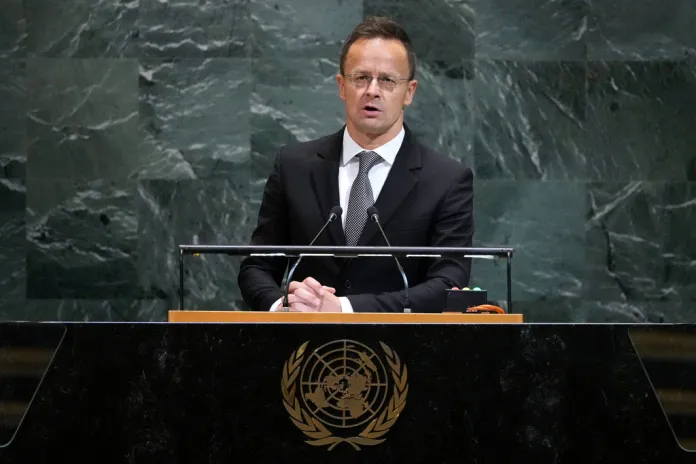
Szijjártó continued: “And since issues of the European Union enlargement require unanimity among all of its member states and Hungary and the Hungarian people are quite clear that they don’t support Ukraine’s membership in the European Union, Ukraine will not be a EU member.”
Zelensky claimed to have an ace card on Tuesday, asserting that he has been in talks with President Donald Trump to put pressure on Hungary to waive its veto power and allow Ukrainian membership to proceed.
“Donald Trump supports Ukraine as a future member of the EU. We talked about it. He supports this and understands that it’s the choice of the Ukrainian people – that Ukraine is part of Europe geographically, geopolitically, and historically,” Zelensky claimed Tuesday.
He continued: “We talked about the blocking […] by the leader of Hungary, and I asked President Trump whether he would support me in helping us. He said he would do everything in his power.”
Orbán is among Trump’s closest personal allies, enjoying frequent trips to meet at Mar-a-lago even during the president’s four years out of power.
However, the U.S. president’s growing frustration with the Kremlin and his inability to broker a peace deal with Putin have thrown a wrench into Orbán’s geopolitical strategy.
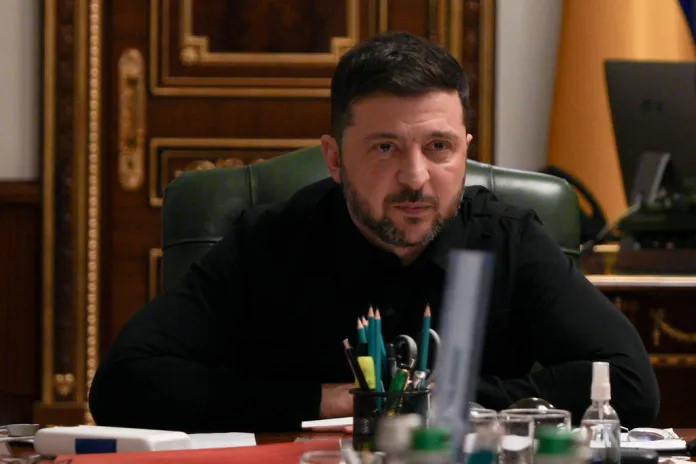
The president’s recent slew of sanctions on Russian energy companies Rosneft and Lukoil threaten to economically punish not only Russia, but those that continue to import fuel from the Eastern European power.
The decision upset Orbán, who announced he will be lobbying Trump to “allow exemptions from the American sanctions against Russia.”
“Hungary is a landlocked country,” Orbán said. “We are dependent on those transport routes through which energy can reach Hungary.”
If Zelensky’s characterization of Trump’s perspective is true, it means the U.S. would be able to wield its leverage against Hungary and pressure the prime minister to allow Ukrainian membership through the sanctions.
PUTIN ENVOY BELIEVES ‘PEACE’ IN UKRAINE WILL COME WITHIN A YEAR DESPITE BOTCHED US VISIT
An additional factor of leverage remains in Trump’s hands — the furnishing of U.S.-made Tomahawk missiles for use against the Russian military.
Reports surfaced last week that the Pentagon previously gave the White House a green light on supplying the missiles to Ukraine, but Trump has been reticent to actually allow the deal.
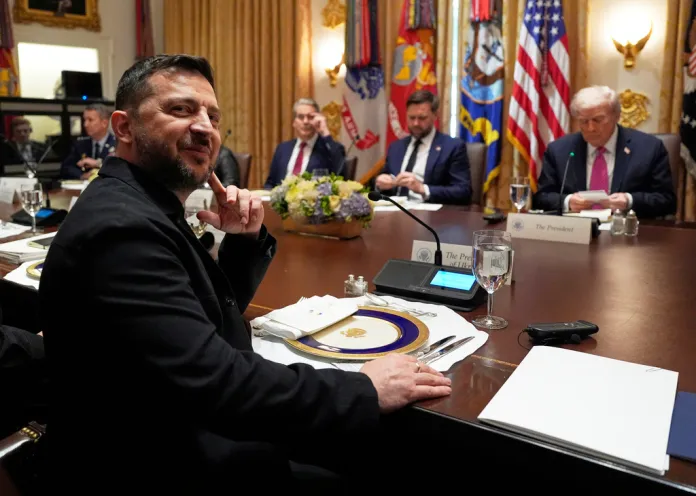
Asked on Sunday if it is possible he will allow the purchase of Tomahawks in the future, Trump said it was possible but not his current position.
“I could change, but at this moment, I’m not,” he said.






